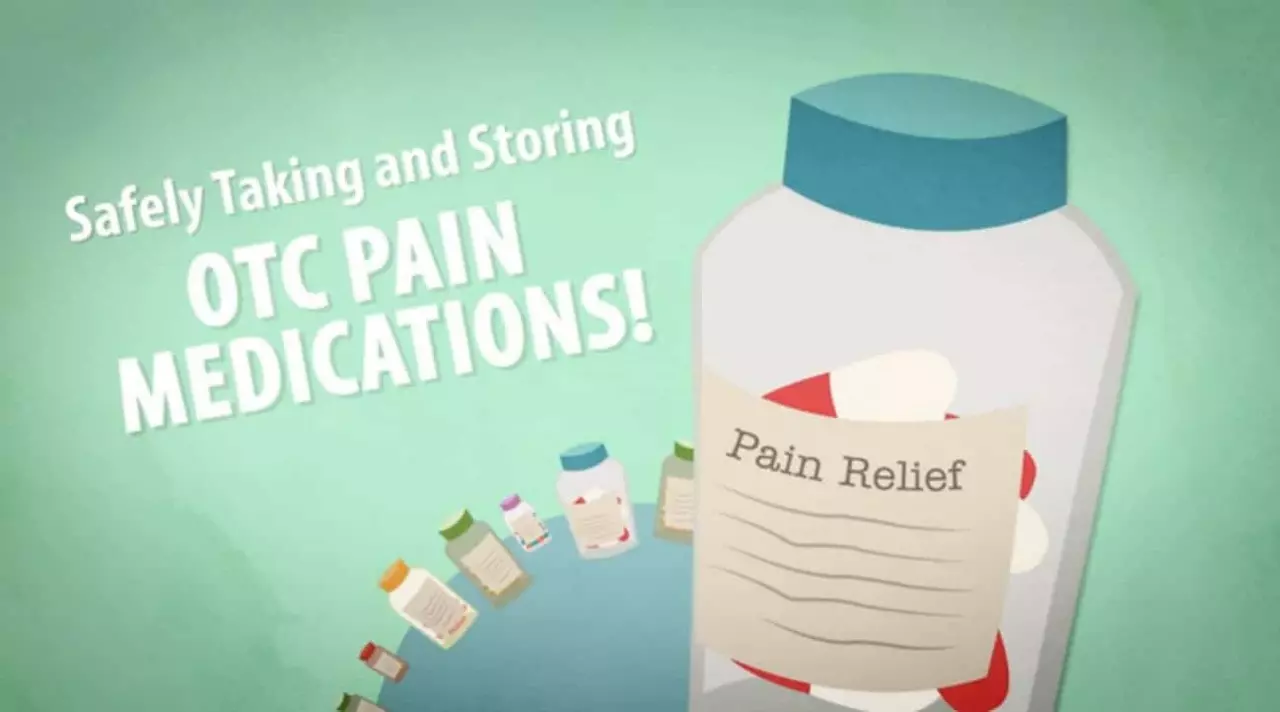Safely store medications: simple, practical rules
Where you keep your pills matters more than you think. A few wrong choices — humidity, heat, or a curious child — can cut a drug’s effect or make it unsafe. These clear, useful tips help you store meds at home, on the road, and when they need the fridge.
Everyday storage rules that work
Keep medicines in their original containers. Labels give dose, expiration, and storage notes. If you use a weekly pill organizer, fill it close to the time you’ll take the doses and avoid putting meds that must be refrigerated or kept in the dark into it.
Avoid bathrooms and kitchen counters. Steam from showers and cooking raises humidity and temperature. Pick a cool, dry spot — a bedroom closet or a high shelf in a hall cupboard works well. Aim for typical room temperature: about 20–25°C (68–77°F) unless the label says otherwise.
Shield from light and heat. Sunlight and heat break down many medicines. Keep pills in opaque bottles and out of direct sunlight. Don’t store tablets on the dashboard, in a car glove box, or near a heater.
Lock up controlled meds and keep all medicines away from kids and pets. A small lockbox or cabinet with a childproof latch is worth it. For households with toddlers or curious pets, consider a lockable box you can bolt to a shelf.
Fridge meds, sharps, travel, and disposal
Certain meds need refrigeration — insulin, some eye drops, and certain antibiotics. Check the label or leaflet. Use a dedicated shelf in the main fridge, not the door, to keep temperature steady. If you need cold during travel, use a small cooler with gel packs and keep meds with you in carry-on luggage.
If you use injections, store vials and pens as instructed and dispose of needles in a puncture-proof sharps container. Local pharmacies or community programs will accept sealed sharps containers for safe disposal in many places.
Expired meds aren’t harmless. They can lose potency or change chemically. Don’t toss them in the trash or flush unless the label says it’s OK. Use pharmacy take-back programs or local disposal events. If none exist, mix pills with coffee grounds or cat litter in a sealed bag before throwing them away to discourage misuse.
Traveling? Keep meds in original bottles, carry copies of prescriptions, and pack a doctor’s note for injectables. Keep meds with you, not in checked baggage. For temperature-sensitive drugs, use insulated pouches and plan for delays.
When in doubt, ask your pharmacist. Labels and package inserts can be confusing; a quick call or visit clears up storage needs and safety for kids, pregnancy, or interactions. Small steps now mean safer, more effective medicines later.
- Colin Hurd
- May, 28 2023
- 14 Comments
How to safely store and dispose of butylscopolamine
As a blogger, I've recently learned about the importance of safely storing and disposing of butylscopolamine. To ensure safety, it's crucial to store this medication in a cool, dry place away from heat, moisture, and direct light. Keep it out of reach of children and pets to prevent accidental consumption. When it's time to dispose of expired or unused butylscopolamine, it's best to return it to a pharmacy or a local drug take-back program. By following these guidelines, we can protect ourselves and our loved ones from the potential dangers associated with improper storage and disposal of this medication.

